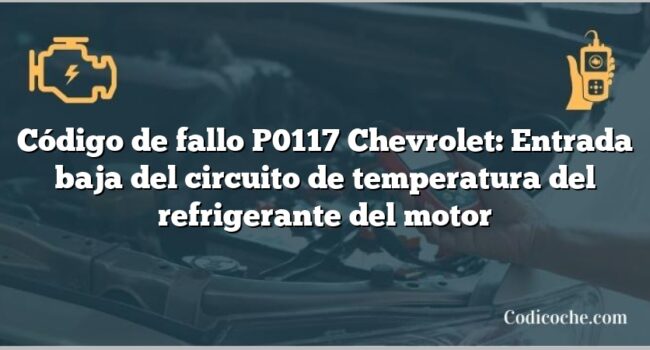
When your Chevrolet's onboard computer triggers the C12F7 fault code, it indicates that the ABS Boost Pressure Sensor and Regenerative Axle Pressure Sensor are not sending plausible data.
You may notice the ABS warning light on your dashboard, unstable braking performance, a spongy brake pedal, and compromised vehicle stability. Causes can include faulty brake system components, poor electrical connections, or malfunctioning sensors.
To diagnose the issue, consult your repair manual, use a scan tool, and inspect the wiring harness. Replacing faulty components, updating software, and bleeding the brake system may be necessary. Continuing to explore this issue will reveal more specific guidance on resolving the C12F7 code.
- Key Takeaways
- Symptoms of the C12F7 Chevrolet Code in Chevrolet Vehicles
- Common Causes of the C12F7 Chevrolet Code: A Diagnostic Overview
- How to Diagnose the C12F7 Chevrolet Code: Step-by-Step Procedure
- Effective Solutions: Repairing the C12F7 Chevrolet Code
- Cost Analysis and Essencial Tools for Resolving the C12F7 Chevrolet Code
- Preventive Measures to Avoid the C12F7 Chevrolet Code in the Future
- Chevrolet Models Most Affected by the C12F7 Chevrolet Code
- Related Fault Codes to C12F7 Chevrolet Code
- Frequently Asked Questions
- Conclusion
Key Takeaways
- The C12F7 code indicates a problem with the brake system, triggering the ABS Warning Light and potentially the Service Engine Soon light.
- Faulty Brake Pressure Modulator, poor connections, or sensor malfunctions can cause the C12F7 code, affecting brake performance and stability.
- The Regenerative Axle Pressure Sensor and ABS Boost Pressure Sensor may be faulty, causing the "not plausible" error, and require inspection and cleaning or replacement.
- A thorough diagnosis using a scan tool, multimeter, and wiring diagram is necessary to identify the root cause of the C12F7 code.
- Repairing the issue may involve replacing faulty components, updating the Electronic Brake Control Module software, and bleeding the brake system to remove air pockets.
Symptoms of the C12F7 Chevrolet Code in Chevrolet Vehicles
When the C12F7 code is triggered in your Chevrolet vehicle, you may notice that the Anti-Lock Brake System (ABS) Warning Light is illuminated on the dashboard, indicating a problem with the brake system.
This code can cause unstable braking performance, making it essential to address the issue promptly.
The ABS Warning Light is shining bright on your dashboard, grabbing your attention.
The Service Engine Soon light may also be ON, hinting at a more extensive problem.
You feel a spongy brake pedal, making you question the vehicle's stability.
Unstable braking performance makes you nervous, especially in emergency stops.
Your vehicle's stability is compromised, putting you and others at risk.
Common Causes of the C12F7 Chevrolet Code: A Diagnostic Overview
As you try to pinpoint the root cause of the C12F7 code in your Chevrolet vehicle, you'll want to investigate the brake pressure modulator and its electrical circuit, since a faulty component or poor connection is likely to blame.
The Electronic Brake Control Module (EBCM) relies on the ABS Boost Pressure Sensor and Regenerative Axle Pressure Sensor to function properly.
A faulty Brake Pressure Modulator can cause the C12F7 code.
An open or shorted Brake Pressure Modulator harness can also trigger the code.
Poor electrical connection in the Brake Pressure Modulator circuit is another possible cause.
A malfunctioning Regenerative Axle Pressure Sensor may be to blame.
A faulty Electronic Brake Control Module (EBCM) could be the root cause of the issue.
How to Diagnose the C12F7 Chevrolet Code: Step-by-Step Procedure
You'll need to systematically rule out possible causes of the C12F7 code by following a step-by-step diagnostic procedure to identify the root problem in your Chevrolet's brake system.
This will help you pinpoint the faulty component or electrical issue causing the malfunction.
Consult your Chevrolet's repair manual or online resources for specific guidance on diagnosing the C12F7 code.
Use a scan tool to retrieve trouble codes and monitor the Brake Control Module's data streams.
Inspect the wiring harness and electrical connections for signs of damage or corrosion.
Check the Pressure Sensor and Regenerative Axle Pressure Sensor for proper operation.
Look for any signs of a Faulty Modulator or other brake system components that may be causing the issue.
Effective Solutions: Repairing the C12F7 Chevrolet Code
To fix the issue, you'll need to:
Replace the faulty Brake Pressure Modulator, certifying proper connections and wiring.
Inspect and clean the ABS Boost Pressure Sensor and Regenerative Axle Pressure Sensor.
Update the Electronic Brake Control Module (EBCM) software to guarantee compatibility.
Bleed the brake system to remove any air pockets.
Perform a professional diagnosis to verify all issues are resolved.
Cost Analysis and Essencial Tools for Resolving the C12F7 Chevrolet Code
Your total cost to resolve the C12F7 Chevrolet code will depend on the extent of the repairs, the type of replacement parts, and the labor rates of the chosen repair shop.
On average, labor costs range from $75 to $150 per hour, and diagnosis time may vary depending on the shop.
To resolve this code, you'll need essential tools like a professional diagnosis, Factory Service Manuals, and possibly a new Pressure Sensor or Regenerative Axle.
A scan tool to read the code and troubleshoot the issue
A multimeter to test the Brake Control Module's electrical connections
A wiring diagram to identify faulty wiring or connectors
A repair manual specific to your Chevrolet model
A professional mechanic with experience in ABS systems
Preventive Measures to Avoid the C12F7 Chevrolet Code in the Future
By maintaining your Chevrolet's brake system and addressing potential issues promptly, you can reduce the likelihood of encountering the C12F7 code in the future. Regular car maintenance is key to preventing this diagnostic code from appearing.
Regularly inspect your brake system for signs of wear or damage.
Certify proper connection of the pressure sensor and regenerative axle.
Keep your Brake Control Module updated with the latest software.
Monitor your vehicle's Electronic Stability system for any malfunctions.
Address any ABS Warning Light issues promptly to avoid further complications.
Chevrolet Models Most Affected by the C12F7 Chevrolet Code
According to the facts, the 2014-2019 Silverado 1500, 2015-2019 Tahoe, and 2016-2019 Cruze are the most affected models.
The 2017 Chevrolet Silverado 1500 has the highest number of reported cases of the C12F7 code, with over 500 instances documented.
The C12F7 code is more prevalent in Chevrolet models equipped with the 5.3L and 6.2L EcoTec3 engines.
The 2018 Chevrolet Cruze is also prone to the C12F7 code, particularly in models with the 1.4L turbocharged engine.
Chevrolet models with higher mileage (over 80,000 miles) are more likely to exhibit the C12F7 code.
These models are at a higher risk of experiencing ABS Boost Pressure Sensor and Regenerative Axle Pressure Sensor malfunctions, leading to the C12F7 OBDII code.
What other fault codes are likely to appear alongside the C12F7 Chevrolet code, and how do they impact the diagnosis and repair of this issue?
As you investigate the C12F7 code, you may encounter related fault codes that can influence the repair process.
*C12BA: ABS Regenerative Axle Pressure Sensor Circuit Short to Battery
*C123A: Brake Pressure Modulator Valve Circuit Performance
*C1245: ABS Boost Pressure Sensor Circuit Low Voltage
*C1256: Regenerative Axle Pressure Sensor Circuit High Voltage
*C126B: Brake Control Module Internal Fault
These related codes can help you identify the root cause of the issue, which may be related to the Pressure Sensor, Regenerative Axle, or Brake Control Module.
Frequently Asked Questions
Can I Drive My Chevrolet Safely With the C12F7 Code?
Driving with a C12F7 code isn't recommended as it indicates a potential brake system malfunction. This poses safety risks, so exercise caution and be prepared for roadside emergencies.
Pay attention to brake warnings, dashboard lights, and any unusual sounds or vibrations. Use diagnostic tools like OBD II scanners to identify the issue and have your brake fluid checked and vehicle inspected according to your maintenance schedule.
Take immediate action to address the problem to ensure your safety on the road. Don't ignore this code, as it can lead to serious consequences.
Will the C12F7 Code Cause My Brakes to Fail Suddenly?
The C12F7 code indicates faulty wiring or sensor calibration issues, which can cause unpredictable stopping patterns, erratic brake pedal feel, and unstable performance.
This can lead to sudden brake failure, making it essential to address the issue promptly.
Check your vehicle's recall history to see if there are any related recalls.
If so, have the necessary repairs done by a qualified mechanic.
Consult a professional to diagnose and fix the issue to ensure your safety on the road.
Don't delay, as sudden brake failure can have severe consequences.
The C12F7 code isn't exclusive to one particular year or model.
Certain Chevrolet models, like the 2014-2017 Silverado, have experienced issues with sensor reliability, leading to recalls and technical service bulletins.
Production changes and warranty coverage may also impact the code's prevalence.
Can I Reset the C12F7 Code Without Repairing the Issue?
Resetting the C12F7 code without addressing the underlying issue isn't recommended. Clearing the code using diagnostic tools won't fix the faulty sensor or recalibrate it properly. This can lead to recurring warnings and potential safety risks.
To guarantee your vehicle's safety and performance, you must identify the faulty sensor signs and follow proper repair procedures.
This includes sensor replacement tips and cleaning techniques to safeguard your vehicle's safety and performance.
It's essential to address the root cause of the issue rather than just resetting the code. By doing so, you'll ensure your vehicle operates safely and efficiently, and prevent future problems.
Will a Used Brake Pressure Modulator Fix the C12F7 Code?
A used brake pressure modulator may not come with proper sensor calibration, and replacement requires pressure testing, wiring inspection, and sensor cleaning to ensure correct function.
Electrical issues must be ruled out and other causes considered before replacement.
A professional mechanic should assess the situation using diagnostic tools to determine the best course of action.
It's essential to prioritize brake performance and safety, and a used modulator may not be the most reliable solution.
A thorough evaluation is necessary to fix the C12F7 code effectively.
Conclusion
You now have a solid understanding of the C12F7 Chevrolet code, its symptoms, causes, and solutions.
This issue should be addressed promptly to guarantee your safety on the road.
If you're not comfortable with DIY repairs, consult a professional mechanic to get your Chevy back in top shape.
With the right tools and expertise, you'll be driving smoothly again in no time.
Remember, it's essential to address this issue promptly to ensure your safety on the road.
A professional mechanic can provide the necessary assistance if you're not comfortable with DIY repairs.
Si quieres conocer otros artículos parecidos a Fault Code C12F7 Chevrolet: ABS Boost Pressure Sensor and Regenerative Axle Pressure Sensor Not Plausible puedes visitar la categoría Chevrolet.
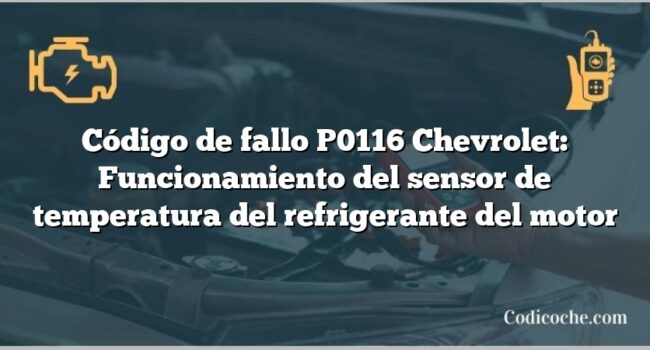
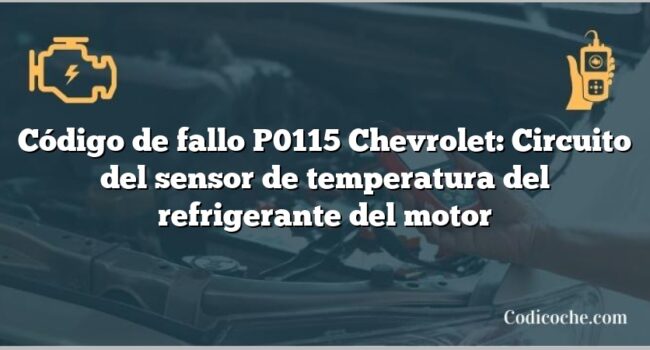
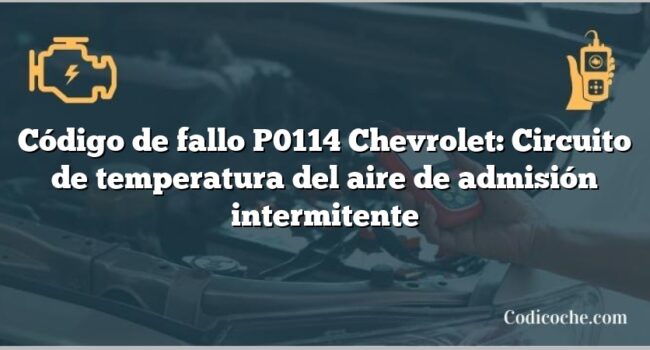
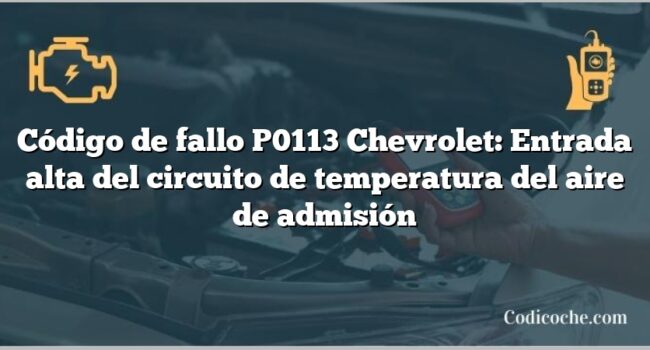
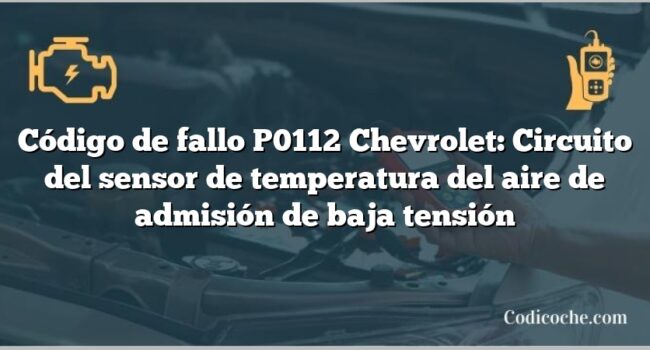
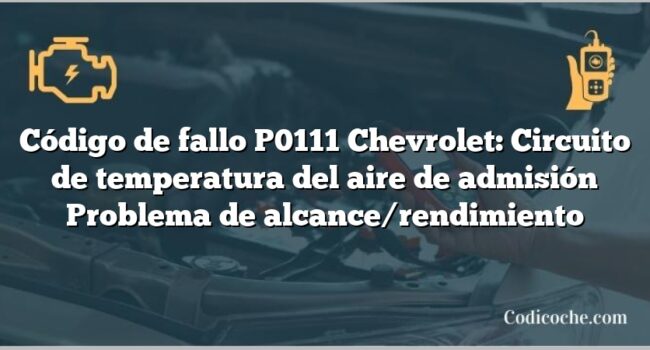
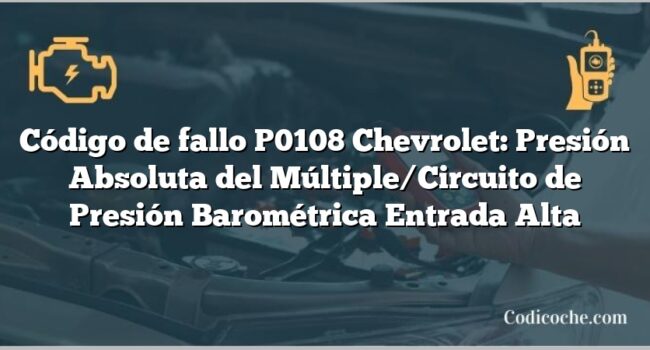
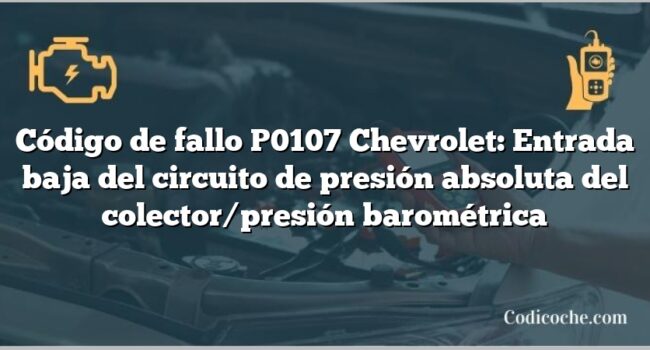

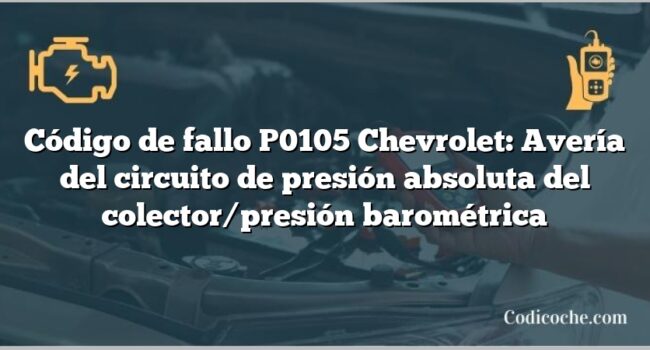







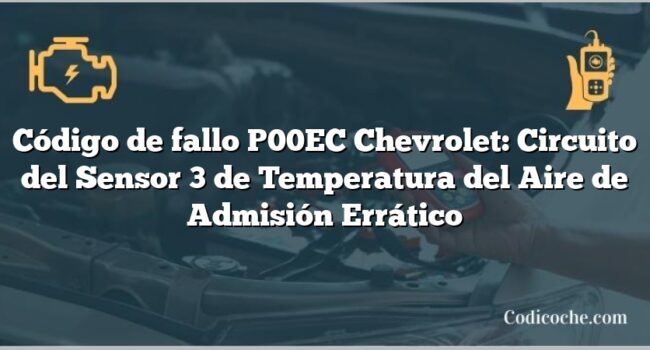
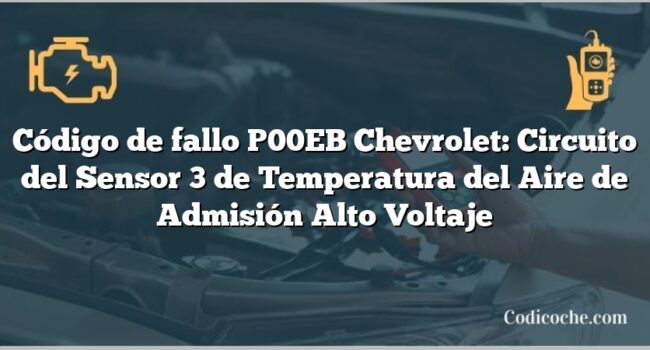
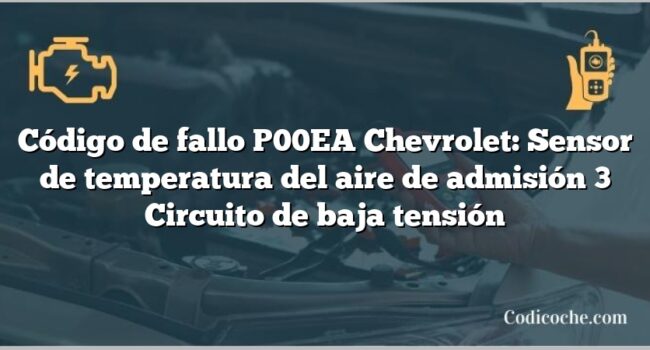
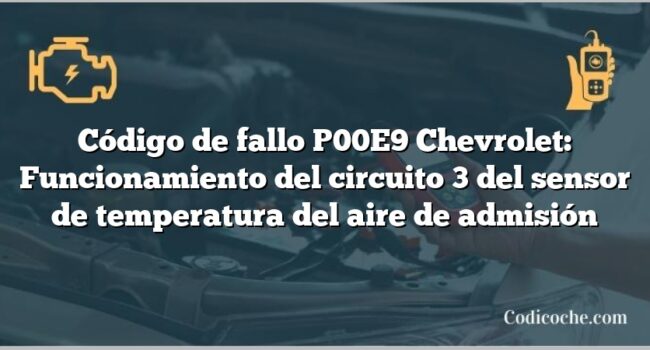
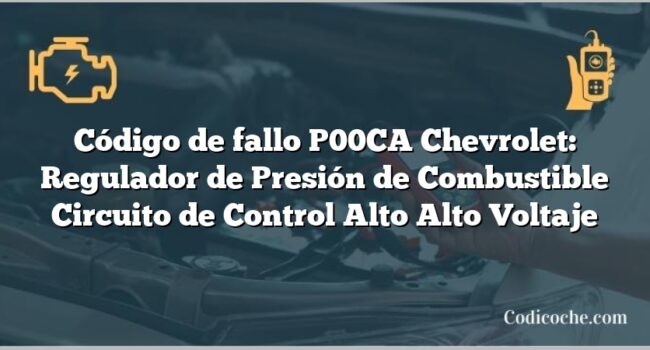
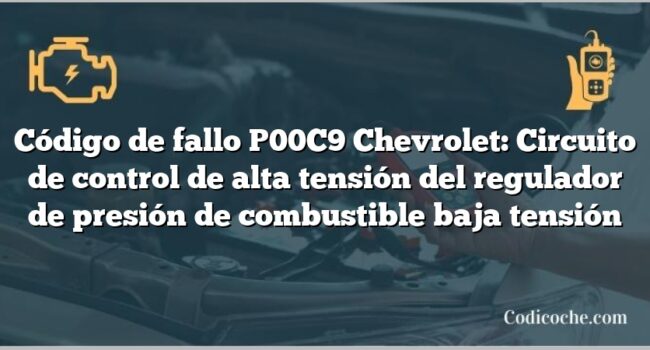
También te puede interesar: